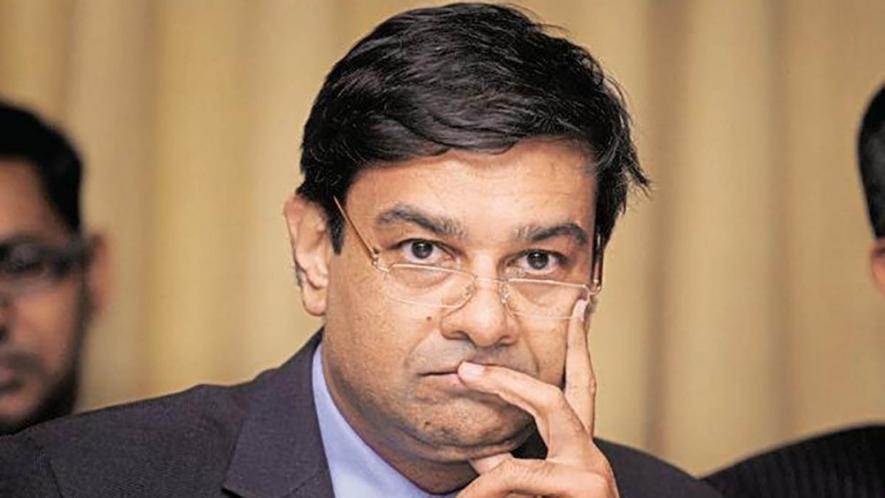Urjit Patel Quits as RBI Governor With Immediate Effect

Image Courtesy: Firstpost Hindi
NEW DELHI: Reserve Bank of India (RBI) Governor Urjit Patel on Monday resigned from his post with immediate effect, citing "personal reasons". His three-year term was to end in September 2019.
“On account of personal reasons, I have decided to step down from my current position effective immediately. It has been my privilege and honour to serve in the Reserve Bank of India in various capacities over the years. The support and hard work of RBI staff, officers and management has been the proximate driver of the Bank’s considerable accomplishments in recent years. I take this opportunity to express gratitude to my colleagues and Directors of the RBI Central Board, and wish them all the best for the future,” said a statement posted on the RBI’s website.
Patel, who was in the eye of the demonetisation storm that hit the country on November 8, 2016 but had remained mum on it, had reportedly been having a few run-ins with the government, which picked up pace after RBI Deputy Governor Viral Acharya’s speech calling for independence of apex bank. According to a report by BloombergQuint,Acharya’s speech had the backing of Patel, as suggested by footnotes to it.
Acharya’s speech was reportedly in reaction to reports that the government was planning to use a rare provision under the RBI Act to exercise control of the central bank.
The said provision -- Section 7 of the RBI Act -- seeks to permit the Centre to give directions to RBI in matters considered necessary in public interest, in consultation with the apex bank’s Governor.
According to an NDTV report, there were also differences with the government on the use of reserves. The government was reportedly putting pressure on the RBI to release the reserves, which, critics said, would help boost the economy in an election year.
“The RBI has an excess reserve of Rs. 3.6 lakh crore, which, the government maintains, can be used for development, sources said. The bank contends that keeping extra reserves are essential in view of possible emergencies,” the NDTV report said.
Last month, the RBI board had held a nine-hour meeting on liquidity concerns and had ended on a conciliatory note, as per reports.
The official reaction to Patel’s resignation came via tweets from the Prime Minister and Finance Minister. While PM Modi referred to him as a “economist of a very high calibre with a deep and insightful understanding of macro-economic issues” who “steered the banking system from chaos to order,” Finance Minister Arun Jaitley expressed a “deep sense of appreciation (for) the services rendered by Dr Urjit Patel to this country both in his capacity as the Governor and the Deputy Governor of The RBI.”
However, a tweet by Patel’s predecessor, Raghuram Rajan, flagged concerns over the resignation. “All Indians should be concerned about Governor Patel’s resignation”, he said in his comments to news agency Reuters.
Patel took over from Raghuram Rajan at a time when the government’s sudden decision to demonetize Rs 1,000 and Rs 500 currency notes led to withdrawal of 86% of the currency in circulation, leading to widespread chaos and harassment to ordinary citizens as well as massive job losses, especially in the small and micro enterprises that largely dealt in cash. The small scale sector and farming community are still grappling with its after-effects.
Get the latest reports & analysis with people's perspective on Protests, movements & deep analytical videos, discussions of the current affairs in your Telegram app. Subscribe to NewsClick's Telegram channel & get Real-Time updates on stories, as they get published on our website.





















